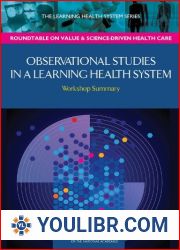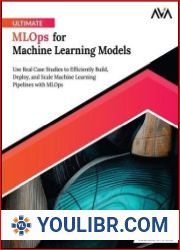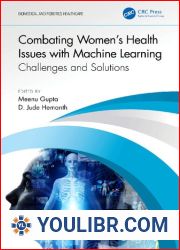
BOOKS - Observational Studies in a Learning Health System: Workshop Summary


US $6.87

478065

478065
Observational Studies in a Learning Health System: Workshop Summary
Author: Institute of Medicine
Year: December 16, 2013
Format: PDF
File size: PDF 2.1 MB
Language: English
Year: December 16, 2013
Format: PDF
File size: PDF 2.1 MB
Language: English
Clinical research strains to keep up with the rapid and iterative evolution of medical interventions, clinical practice innovation, and the increasing demand for information on the clinical effectiveness of these advancements. In response to the growing availability of archived and real-time digital health data and the opportunities this data provides for research, as well as the increasing number of studies using prospectively collected clinical data, the Institute of Medicine and 's Roundtable on Value and u0026 Science-Driven Health Care convened a workshop on Observational Studies in a Learning Health System. Participants, including experts from a wide range of disciplines - clinical researchers, statisticians, biostatisticians, epidemiologists, health care informaticians, health care analytics, research funders, health products industry, clinicians, payers, and regulators - explored leading edge approaches to observational studies, charted a course for the use of the growing health data utility, and identified opportunities to advance progress. Workshop speakers and individual participants strove to identify stakeholder needs and barriers to the broader application of observational studies. Observational Studies in a Learning Health System is the summary of the workshop. This report explores the role of observational studies in the generation of evidence to guide clinical and health policy decisions. The report discusses concepts of rigorous observational study design and analysis, emerging statistical methods, and opportunities and challenges of observational studies to complement evidence from experimental methods, treatment heterogeneity, and effectiveness estimates tailored toward individual patients.













































